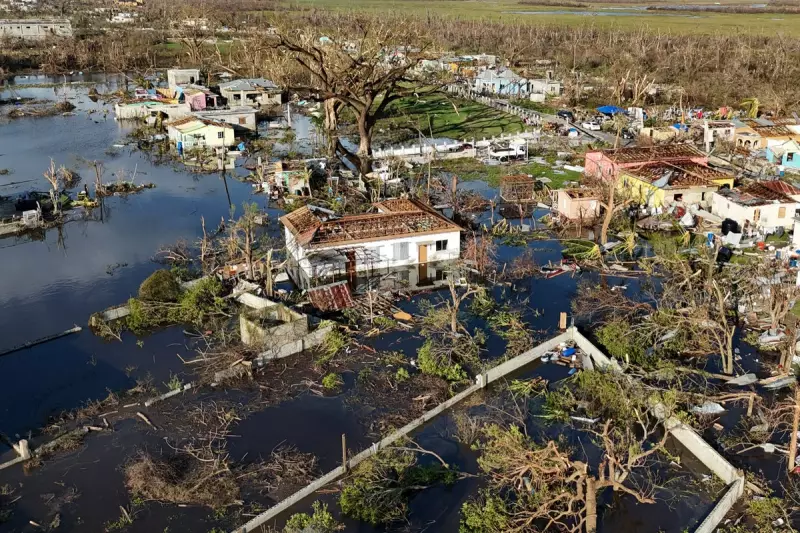
Scientists have issued a stark warning after confirming that Hurricane Melissa, which recently tore through the Atlantic, exhibited characteristics directly intensified by human-caused climate change. The storm's alarming behaviour has researchers concerned that we're entering a new phase of hurricane activity.
Unprecedented Strength Signals Climate Threat
Meteorologists observed Hurricane Melissa maintaining Category 4 strength significantly farther north than typical for Atlantic hurricanes. This unusual persistence of intensity over cooler waters defies historical patterns and points to broader atmospheric changes driven by global warming.
"What we witnessed with Melissa wasn't just another hurricane," explained Dr. Evelyn Reed, lead climate researcher at the National Oceanic and Atmospheric Administration. "The storm's ability to maintain such intensity in areas where it normally wouldn't highlights how climate change is rewriting the rules of hurricane behaviour."
Warmer Waters Fuel More Destructive Storms
The analysis reveals that record-breaking sea surface temperatures provided the energy that supercharged Melissa's development. These warmer waters, extending further north than in previous decades, created ideal conditions for rapid intensification.
Key findings from the research include:
- Sea temperatures 2-3°C above historical averages in Melissa's path
- Increased atmospheric moisture leading to heavier rainfall
- Changes in wind patterns allowing the storm to maintain structure longer
- Higher potential for similar storms to affect previously less vulnerable regions
A New Normal for Atlantic Hurricane Season
Climate scientists emphasize that Melissa represents a worrying trend rather than an isolated incident. The traditional boundaries of hurricane season and affected regions are becoming increasingly blurred as climate change alters fundamental atmospheric conditions.
"We're moving into uncharted territory," warned Professor Michael Chen from the University of East Anglia's Climate Research Unit. "What was once considered a hundred-year storm may become a regular occurrence if greenhouse gas emissions continue at current rates. Coastal communities need to prepare for a new reality of hurricane threats."
The research underscores the urgent need for both climate mitigation efforts and enhanced preparedness for extreme weather events as the planet continues to warm.





